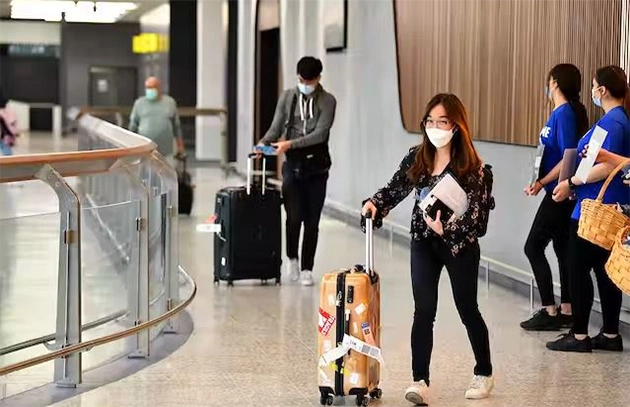
CRICOS – Facts
The Commonwealth Register of Institutions and Courses for Overseas Students (CRICOS)
is a federal register established under the Education Services for Overseas Students
(ESOS) Act 2000. It is responsible for maintaining a list of institutions and courses that have
been granted permission by states and territories to educate international students.
CRICOS, in conjunction with other federal and state/territory bodies and legislation, provides
strict guidelines for institutions, accepts and/or declines registrations, monitors compliance of
registered institutions, and ensures their financial capability and stability. (1)
Australia is the third top study-abroad destination worldwide, generating over 5 billion AUD
from international students in 2018 (2) . The country has the highest ratio of international
students per capita globally, with 869,709 international students enrolled in educational
programs in 2018, which was about 8.8% higher than in 2017 (3) . In 2019, international
students represented an average 26.7% of the student body population in Australian
universities. This represents one of the country’s largest exports and has a significant impact
on the country’s demographics, with many international students remaining in Australia after
graduation on various skill and employment visas.
China is the most significant source of international students to Australia, followed by India,
Nepal, Colombia, and Vietnam. In 2022, international education contributed $25.5 billion to
the Australian economy, with students studying online adding another $3.5 billion (4) .
On average, international students pay about $48,000 a year for an undergraduate business
degree, compared to a $15,142 contribution for local students. (5)
In 2022, 48% of international student enrolments were in higher education courses, 37% in
VET courses, 11% in ELICOS, and 2% in schools (6) . To get a student visa in Australia,
international students must meet several requirements, including a Confirmation of
Enrolment (eCoE certificate) from their institution, proof of sufficient funds, proof of Overseas
Student Health Cover (OSHC) for the duration of their studies, unless exempted, English
proficiency, and health and character requirements.
